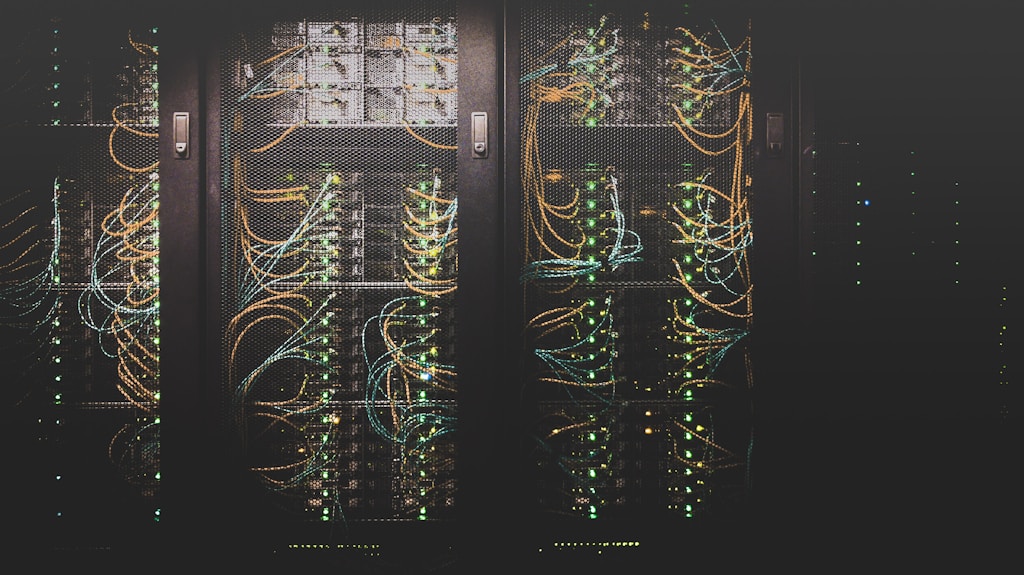The growing trend of private Bitcoin mempools and transaction submission APIs is raising serious concerns about network decentralization and transparency. As Bitcoin trades near $109,000, these infrastructure changes could have far-reaching implications for the network’s future.
Understanding Private Mempools and Their Impact
Private mempools represent a significant shift in how Bitcoin transactions are processed and propagated across the network. These closed systems allow miners to accept transactions through private channels, bypassing the traditional public mempool that has been a cornerstone of Bitcoin’s transparent architecture.
SPONSORED
Trade Bitcoin with up to 100x leverage and maximize your profit potential
Key Concerns for Network Health
- Reduced transaction visibility until block confirmation
- Potential manipulation of fee estimates
- Increased centralization pressure on mining operations
- Impact on Layer 2 security mechanisms
The Role of Third-Party APIs
Services like Mempool.space have demonstrated the viability of third-party transaction submission APIs, but this convenience comes at a cost. These services can create additional centralization vectors and potentially impact miner revenue streams.
Implications for Bitcoin’s Future
The emergence of private mempools could fundamentally alter Bitcoin’s network dynamics, potentially threatening its decentralized nature. This development comes at a crucial time when institutional adoption is accelerating and network security is paramount.
FAQ
What are private mempools?
Private mempools are closed systems where miners can accept transactions through private channels instead of the public mempool.
How do private mempools affect Bitcoin users?
They can impact fee estimation, transaction confirmation times, and the overall transparency of the network.
What are the risks of private mempool adoption?
The main risks include increased centralization, reduced network transparency, and potential manipulation of fee markets.


